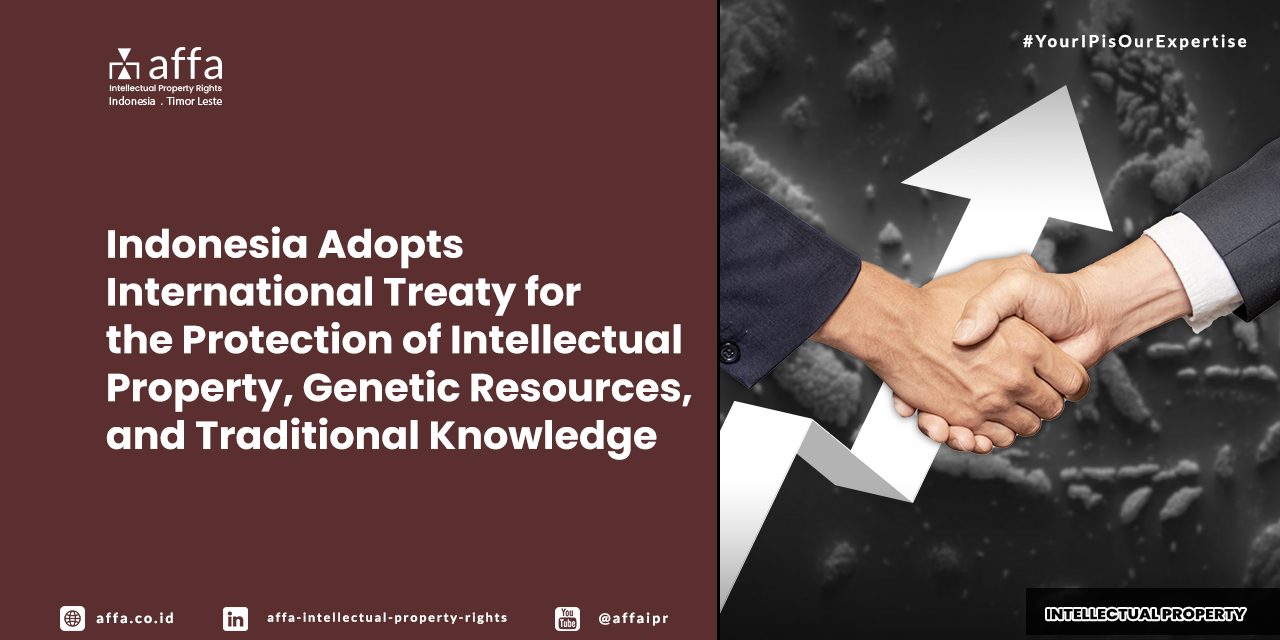After 11 days of intensive negotiations, the International Diplomatic Conference at the World Intellectual Property Organization (WIPO) Headquarters in Geneva, Switzerland, on May 24th, agreed on and adopted the International Treaty on the Protection of Intellectual Property, Genetic Resources, and Associated Traditional Knowledge. This is the first WIPO Treaty to address the interface between Intellectual Property, Genetic Resources, and Traditional Knowledge, and it is also the first to include provisions specifically for Indigenous Peoples and Local Communities.
The final round of negotiations, attended by 193 representatives of WIPO member states, Indigenous People, and Local Communities, also agreed on a new international law on transparency and protection of the global Patent system.
By definition and scope, Genetic Resources are contained in, for example, medicinal plants, agricultural crops, and animal breeds. While Genetic Resources themselves cannot be directly protected as Intellectual Property, inventions developed using them can, most often through a Patent. Some Genetic Resources are also associated with Traditional Knowledge through their use and conservation by Indigenous Peoples as well as local communities, often over generations. This knowledge is sometimes used in scientific research and, as such, may contribute to the development of a protected invention.
With this treaty, Indonesia and countries that own Intellectual Property, Genetic Resources, and Traditional Knowledge will gain several significant benefits as follows:
- Transparency
The global Patent system will experience increased transparency with the obligation of each country to disclose Patents globally. - The Enactment of Sanctions Mechanisms
The protection of Genetic Resources and Traditional Knowledge will be enhanced by imposing adequate sanctions. - The Creation of Global Standards
The treaty will promote standardization and harmonization of global regulations. - Protection of Local Wisdom
The treaty opens up opportunities to advance other issues related to traditional knowledge and traditional cultural expression.
The Treaty itself will be signed at the 65th WIPO General Assemblies in July. After the Diplomatic Conference in May, Indonesia signed the Final Act, a non-binding document serving as a record of the proceedings. However, signing the Treaty will not immediately lead to ratification or accession to this Treaty. It would have to go through internal processes with all the stakeholders in Indonesia, such as the Directorate General of Intellectual Property (DGIP), the Ministry of Law and Human Rights, and the House of Representatives.
Should you need more information about IP protection in Indonesia or abroad, don’t hesitate to contact us at [email protected].
Source:







